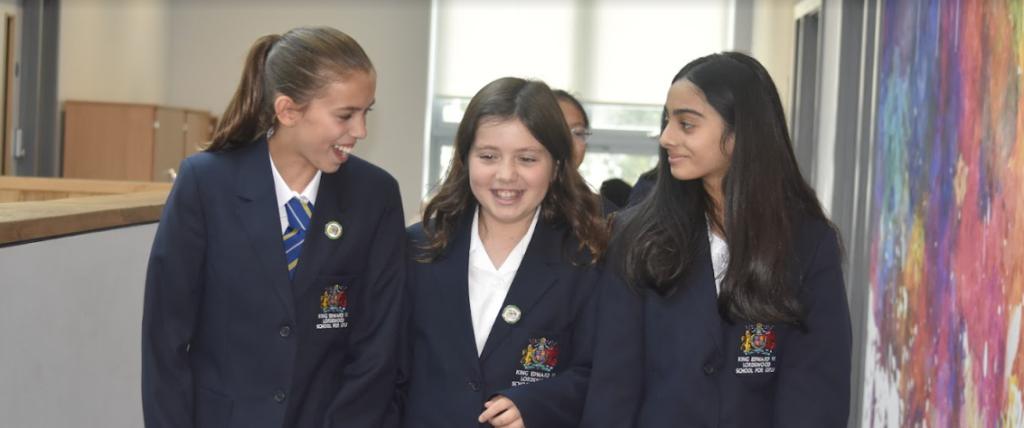What will students be doing on the course? How will it be structured?
Citizenship Studies will enable students to deepen their knowledge of democracy and government, the law, rights and responsibilities and how we live together in society. Students will therefore acquire the knowledge, understanding and skills to take responsible citizenship actions, play a positive role in public and democratic life as informed and active citizens, and acquire the basis for further learning and study.
Unit 1: Our rights, responsibilities and the law
This unit encourages students to investigate the origins of our rights, the ways in which human rights have been extended and safeguarded, and the difficulties that occur when different rights conflict. Students have the opportunity to apply knowledge and understanding of rights and responsibilities to explore the nature of laws and rules, and the ways in which the law is administered and enforced.
Unit 2: Citizenship in Action
All students completing the qualification should participate in action in a real out-of-classroom context. Citizenship actions should be carefully planned practical activities that address a citizenship issue or question of concern. Students should aim to deliver a benefit or change for a particular community or wider society.
Unit 3: Our society and our links with the wider world
This unit encourages students to explore their own sense of identity and that of other UK citizens in our increasingly complex society. Students will consider the importance of tolerance and respect for diversity as well as ways to promote greater community cohesion.
What is the qualification?
One full GCSE awarded at grades 9 – 1. There is no foundation paper option.
Exam board: OCR
Specification: Click here
Assessment
All examinations will take place at the end of Year 11.
- Paper 1: Citizenship in perspective, 50 marks, 50 minutes, worth 25%.
- Paper 2: Citizenship in action, 100 marks, 1 hour 45 minutes, worth 50%.
- Paper 3: Our rights, our society.
What skills do students need to develop to be successful at this course?
Students will need to think critically, evaluate evidence, debate ideas, make persuasive arguments and justify your conclusions. If students are motivated and enjoy citizenship, are engaged in current affairs and stay up to date then they are likely to thrive in this subject.
What could this qualification be used for?
Citizenship Studies is excellent preparation for A levels in the humanities and the social sciences e.g. sociology, government and politics or law. If students will be following a more scientific route, citizenship is ideal evidence for universities and future employers of their literacy, analytical skills and understanding of the world around them.



